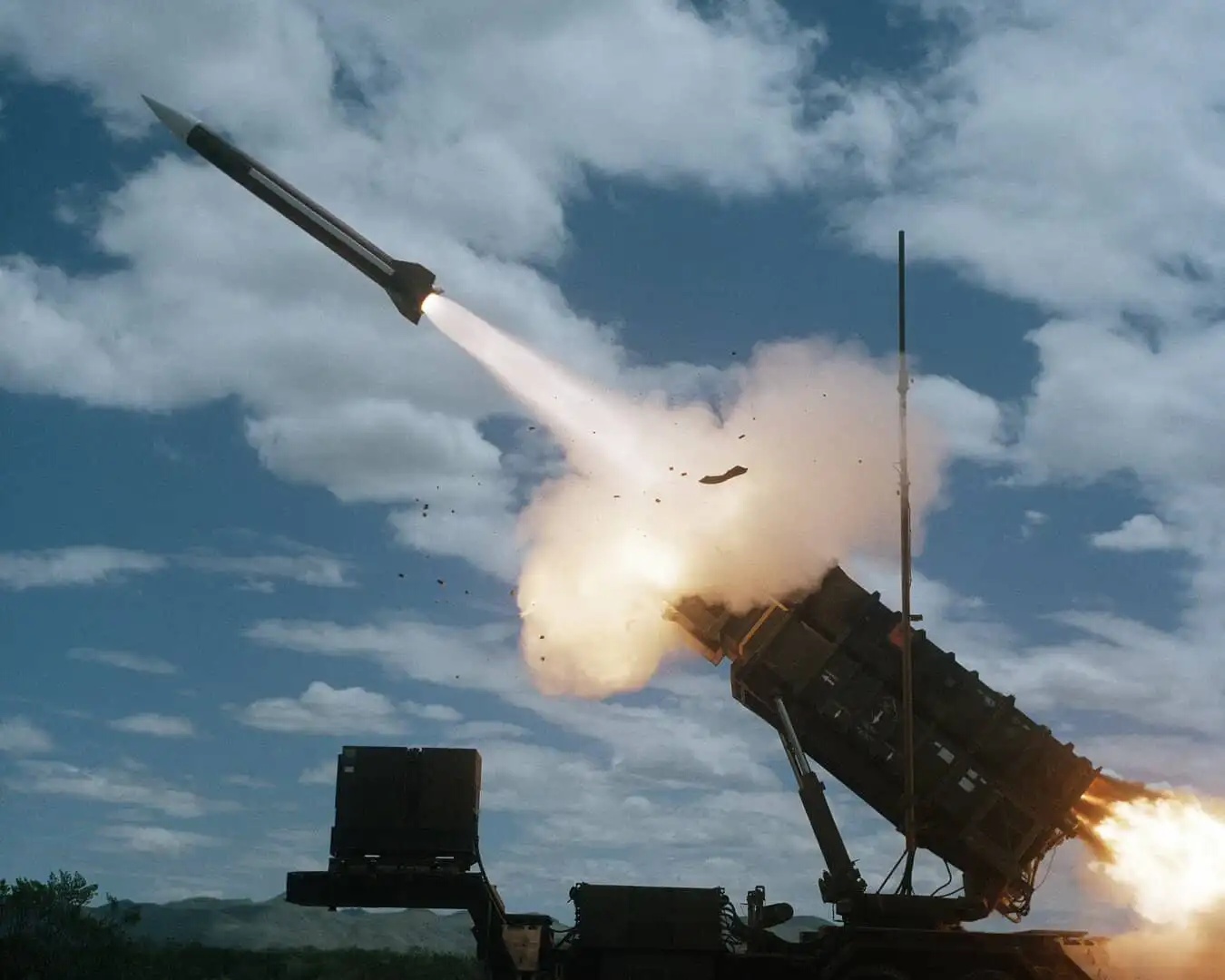Israel's ground operation into Lebanon highlights significant implications for the United States and its role in the Middle East. As Israel engages in military action against Hezbollah, several factors underscore America's influence and interests in the region.
1. Strategic Alliance
The U.S. has long been a key ally of Israel, providing military support and diplomatic backing. Israel's military operations are often viewed through the lens of this partnership. The ground offensive signals the complexities of U.S. foreign policy in the region, particularly in balancing support for an ally while managing the ramifications of military escalation. The situation underscores America's role in shaping the security environment in the Middle East.







2. Implications for Regional Stability
Israel's actions could have broader implications for regional stability, potentially leading to a wider conflict involving various factions in the Middle East. The U.S. must navigate its response carefully, as increased tensions could disrupt its interests in neighboring countries and impact U.S. military deployments. The risk of drawing the U.S. deeper into regional conflicts raises questions about American foreign policy objectives and the limits of its involvement.
3. Humanitarian Concerns
As military operations escalate, concerns over humanitarian crises grow. The impact on civilians in Lebanon and the potential for displacement may force the U.S. to address humanitarian needs, complicating its military and diplomatic strategies. The growing humanitarian toll may pressure the Biden administration to advocate for de-escalation or increased aid, reflecting the moral considerations that often accompany U.S. foreign policy.
4. Domestic Political Ramifications
The U.S. political landscape could also be affected by the developments in Israel and Lebanon. Political factions may leverage the situation to advance their agendas, shaping public opinion on U.S. involvement in international conflicts. The dynamics of domestic support for Israel may shift, particularly among younger voters who prioritize human rights and humanitarian issues.













Conclusion
Israel's ground operation into Lebanon serves as a reminder of the complexities surrounding U.S. involvement in the Middle East. It highlights the delicate balance between supporting allies and addressing the realities of conflict, humanitarian concerns, and shifting public sentiment. As the situation evolves, America's strategic interests and commitments will continue to be tested, emphasizing the intricate web of diplomacy and military strategy that defines the region.


